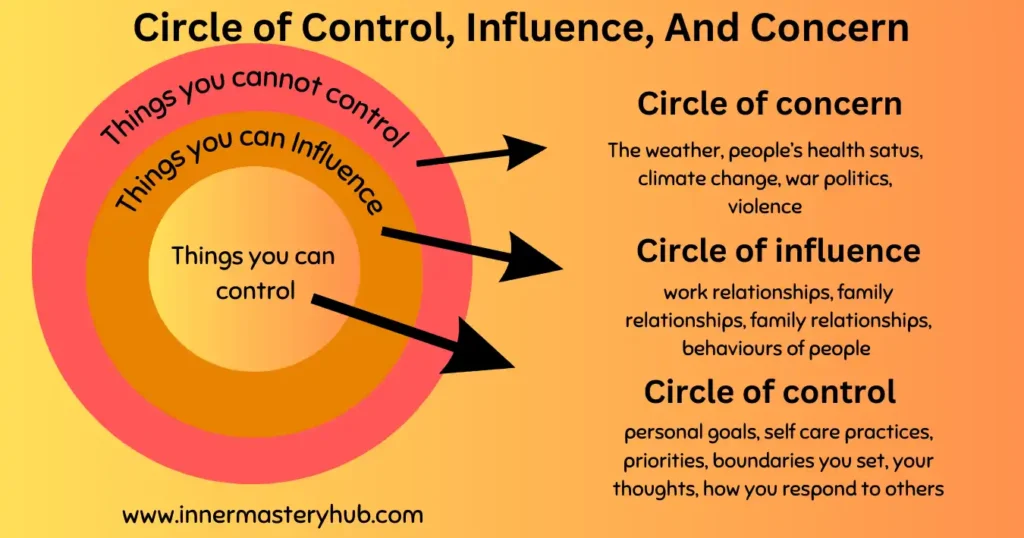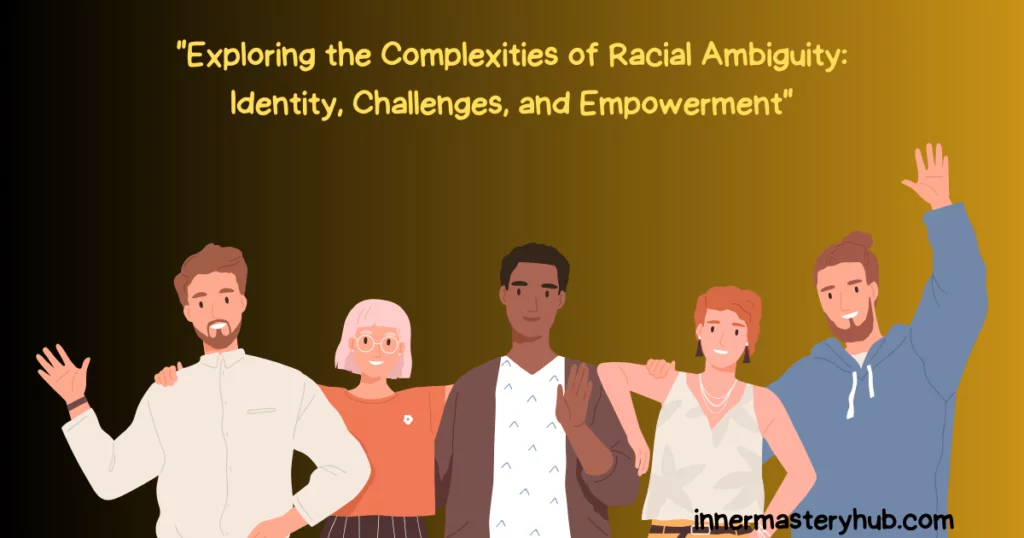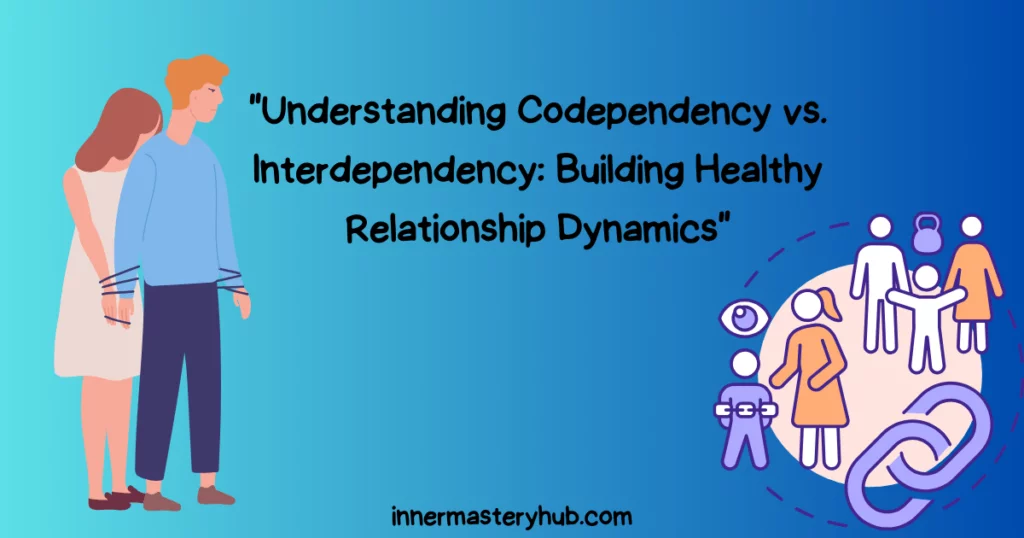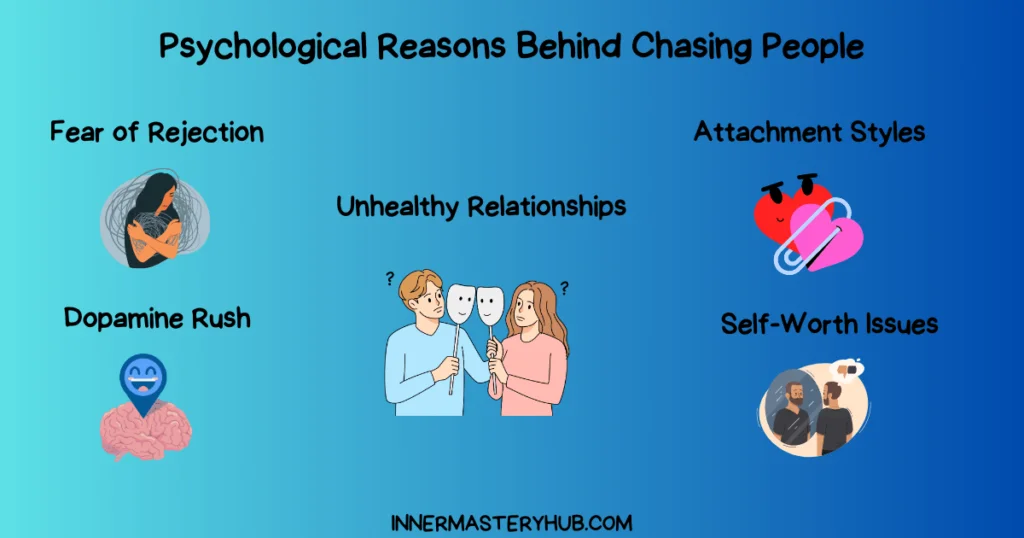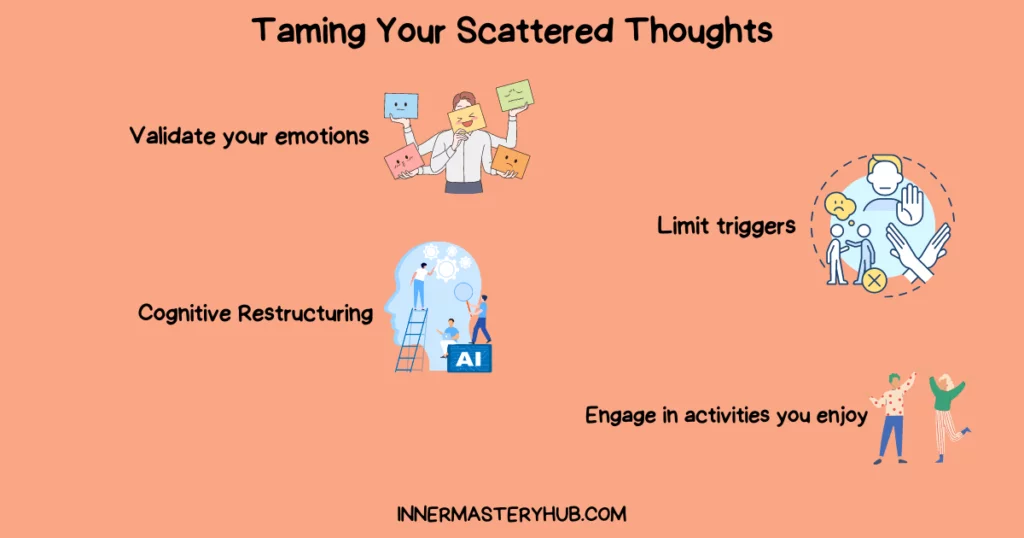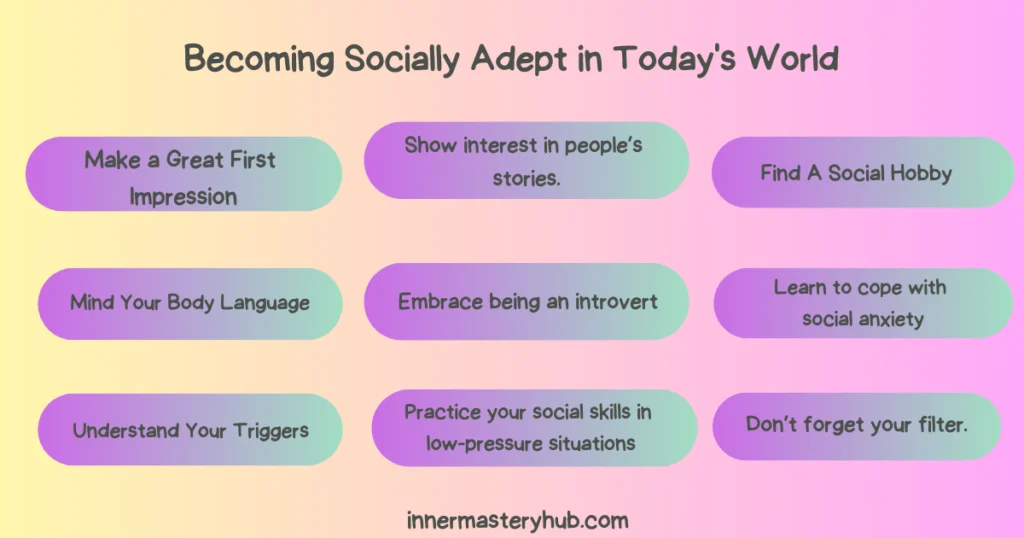
Being socially adept has evolved from a desired quality to a crucial ability for success in our connected society. Developing your social skills is a game-changer if you want to succeed in your career, create lasting relationships, or deftly navigate the complexity of modern life.
This blog will explore the art of becoming socially adept, providing helpful advice, industry insights, and tried-and-true methods for thriving in today’s social environment. Come along with us on this road to realizing your full social potential and enjoying the benefits that come with it.
Table of Contents
What does it mean to be socially adept?
Being socially adept means interacting with others comfortably, confidently, and effectively. Socially competent people can build relationships, resolve conflict, and quickly navigate social situations.
Here are some of the critical characteristics of socially adept people:
- They are genuinely interested in others. Socially adept people take the time to get to know others and learn about their interests. They ask questions and listen carefully to the answers.
- They are upbeat. People are drawn to those who have a positive attitude. Socially adept people try to focus on the good things in life and avoid negativity.
- They are confident. Confidence is critical for social skills. Socially adept people believe in themselves and their ability to interact with others.
- They are respectful. Socially adept people treat everyone respectfully, regardless of their social status or background.
- They are good listeners. People appreciate it when you take the time to listen to them and understand what they have to say.
Why is Being Socially Adept Important?
Social skills are essential for success in all areas of life. Strong social skills can help you get hired, promoted, and build a successful career in the workplace. In your personal life, good social skills can help you make new friends, maintain existing relationships, and live a more fulfilling life.
Socially adept people can:
- Build strong relationships with others.
- Communicate effectively in a variety of settings.
- Resolve conflict peacefully and respectfully.
- Manage their emotions effectively.
- Lead and motivate others.
How To Become More Socially Adept
1. Make a Great First Impression
To have a great first impression, the following are some characteristics that must be adopted:
Be Authentic. Authenticity is critical to making a lasting impression. Be yourself and avoid trying to pretend to be someone you’re not. Authenticity fosters genuine connections.
Maintain Good Personal Hygiene. Ensure you are clean, well-groomed, and have fresh breath. Good personal hygiene is a fundamental aspect of making a positive impression.
Smile A genuine smile is one of the most powerful ways to convey friendliness and approachability. Smile when you meet someone, and maintain a pleasant expression throughout your interaction.
Offer a Firm Handshake A firm handshake is a sign of confidence and professionalism. Practice your handshake to ensit’sit’s strong enough and manageable.
Listen Actively. Pay close attention to what the other person is saying. Practice active listening by nodding, providing verbal cues and asking follow-up questions to show genuine interest.
2. Mind Your Body Language
Working on your body language is a journey of self-awareness and conscious effort. Here are some personalized tips to help you enhance your body language:
- Maintain Eye Contact. When conversing, make an effort to maintain consistent eye contact. It shows you’re attentive and interested in what the other person is saying. Pledon’ton’t overdo it, though; natural breaks are excellent.
- Practice Open Posture. Keep your body language open and inviting. Avoid crossing your arms or legs, as this can appear defensive or disinterested. Instead, keep your arms relaxed at your sides or use open hand gestures to express yourself.
- Smile Genuinely. A warm, genuine smile is one of the most powerful body language signals. It communicates friendliness and approachability. Practice smiling before a mirror to ensure it looks natural and sincere.
- Lean in slightly when you are talking to someone. This shows that you are interested in what they have to say and that you are engaged in the conversation.
- Nod your head and use other gestures to show that you are listening. This indicates that you are interested in what the other person has to say and understand what they are saying.
3. Understand Your Triggers
To understand the triggers that make you socially awkward, paying attention to your thoughts, feelings, and behaviours in social situations is essential. When do you start to feel anxious or uncomfortable? What kinds of social problems trigger your awkwardness? Once you better understand your triggers, you can begin developing coping strategies.
Here are some tips for understanding your social awkwardness triggers:
Challenge Your Assumptions Sometimes, our beliefs about ourselves and others can trigger social awkwardness. Challenge any negative assumptions you may hold about your social abilities or the judgments of others.
Identify Negative Thoughts: Pay attention to your thought patterns in social situations. Do recurring negative thoughts or self-doubt arise? Identifying these thought patterns can help you understand why you might feel awkward.
Self-Reflection Start by setting aside some quiet time for self-reflection. Think back to social situations in which you’ve felt awkward or uncomfortable. Try to pinpoint the specific moments or interactions that triggered those feelings.
Journal Your Experiences Keeping a journal can be incredibly helpful. After social interactions, jot down your thoughts and feelings. Note any patterns or recurring situations that consistently lead to feelings of social awkwardness.
Read books and articles about social anxiety and social awkwardness. There are several resources available that can help you to understand your triggers and to learn how to cope with them.
4. Show interest in people’s stories.
Listen actively. This means giving the person your full attention and making eye contact. Nod your head and ask clarifying questions to show you are engaged in the conversation.
Ask Open-Ended Questions Encourage the person to share more by asking open-ended questions that can’t be answered with a simple “yes” or “no.” For example, instead of asking “g, “Did you have a good weekend?” you can ask, “What did you do over the weekend?”
Share your own stories. Sharing your stories can help build rapport and create a more connected conversation.
Be genuine. People can tell when you are being fake, so be honest about your interest in their stories.
Reflect and Summarize: After sharing a part of their story, reflect on what they said. For example, “You mentioned that you enjoy hiking in the mountains. That must be a great way to connect with nature.”
Use Non-Verbal Cues Use non-verbal cues like smiling, nodding, and leaning in slightly to convey your interest and attentiveness.
Show Empathy. Put yourself in their shoes and try to understand their perspective. Express empathy by saying things like” e, “I can imagine how that must have “let” or “That sounds challenging “ng.”
RELATED: 8 Important Social Skills For Kids And How To Teach Them – Begin Learning
5. Embrace being an introvert
Develop Communication Skills While introverts may prefer listening, developing practical communication skills can help you express your thoughts and ideas when needed. Practice speaking up when you have something valuable to contribute.
Honour Your Need for SolitDon’ton’t feel guilty about needing time alone. Solitude can be a source of creativity and personal growth. Use it to reflect, recharge, and pursue your interests.
Challenge Stereotypes Challenge the common misconceptions about introverts being shy or anti-social. Introversion is about energy preferences, not social ineptitude.
Learn from Extroverts: Embracing your introverts doesn’t mean avoiding social interactions. You can learn from extroverts and adapt specific social skills to help you thrive in group settings.
RELATED: 21 Incredible Facts Of Understanding The Female Introvert Characteristics
6. Learn to cope with social anxiety
Social anxiety is a common mental health condition that can make interacting with others in social situations difficult. People with social anxiety may experience fear or anxiety in various social settings, such as parties, job interviews, or even talking to strangers.
Focus on the Present: Practice mindfulness to stay in the present moment during social interactions. Instead of worrying about the past or future, concentrate on the conversation and the people you’re with.
Develop Social Skills Work on developing specific social skills, such as making small talk, maintaining eye contact, or active listening. Practice these skills in low-pressure situations or with a trusted friend.
Focus on the other person. Try focusing on the other person instead of yourself in a social situation. Ask them questions about themselves and listen carefully to their answers. This will help you to take the focus off of yourself and to relax more.
RELATED: 9 Principles of Social Intelligence That Everyone Can Master
8. Find A Social Hobby
Finding a social hobby can be a fantastic way to grow your social circle, improve your social skills, and have fHere’sre’s how to go about it:
Identify Your Interests Start by considering your interests and passions. What activities do you genuinely enjoy? Whether sports, arts and crafts, dancing, cooking, or something unique, your hobby should align with your interests.
Attend Meetup Events Websites like Meetup.com often host events for people with shared interests. Attend these gatherings to meet like-minded individuals who share your hobby.
Join a club or group. There are clubs and groups for various interests, from sports and fitness to arts and crafts to social causes. Joining a club or group is a good idea to meet new people who share your interests.
Volunteer for Events Many hobby-related events, such as marathons or art exhibitions, require volunteers. Volunteering allows you to contribute to the community and to meet people who share your passion.
Be Open and Approachable When you attend hobby-related events or classes, be open to meeting new people. Strike up conversations, ask questions, and show genuine interest in others’ experiences.
9. Practice your social skills in low-pressure situations.
Start small. If you’re anxious about social situations, start practising in low-pressure settings. This could be as simple as making eye contact and saying hello to people you pass on the street.
Talk to people you know. Once you feel comfortable talking to strangers, you can practice your social skills with people you know. This could include friends, family, co-workers, or classmates.
Take a class. Taking a class is a great way to learn something new and meet new people simultaneously. This could be anything from a cooking class to a dance class to a language class.
Don’t forget your first reminds you to be mindful of what you say and how you say it in social situations. How to ensure you use your filter effectively:
Be aware of your audience. Tailor your communication to the people you’re speaking to. What is their level of formality? What are their interests? What are they sensitive to?
Think Before You Speak: Before speaking, consider the impact of your words. Ask yourself if what you’re about to say is appropriate for the context and whether it might hurt or offend others.
Be Mindful of Tone: Pay attention to your voice and body language. Sometimes, the way you say something can convey a different message than the words themselves. Strive for a respectful and considerate tone.
Use Constructive Criticism When offering criticism or feedback, focus on constructive suggestions rather than just pointing out flaws. This helps maintain a cheerful and solution-oriented conversation.
Curb Impulsive Responses: If you feel an emotional reaction or impulse to say something, pause and collect your thoughts before responding. Avoid saying something at the moment that you might regret later.
RELATED: Emotional Intelligence Skills: 5 Easy Ways To Master
FAQS
How can I visualize having a positive interaction?
At the same time, while conversing, sharing ideas, and laughing, you should feel mutual respect and interest. Imagine a feeling of connection and understanding flowing between you and the people around you, leaving you with a sense of contentment and happiness. This is the result of your visualization.
How can I eliminate all-or-nothing thinking?
Recall that most circumstantial situations aren’t clear-cut; instead, they involve a variety of shades of grey. This mentality transformation can gradually reduce polarized thought habits.
How can I remember the details of stories?
To help with retention, reiterate important points to yourself or the storyteller and make connections between the specifics and your personal experiences. Using this method, passive listening becomes a fun memory exercise.
What type of social overthinker are you?
Why do I overcome being socially inept?
Lack of confidence: Socially inept People may need more confidence in interacting with others. This can make it difficult for them to start conversations, make friends, and participate in social activities.
Fear of rejection: Socially inept People may fear rejection by others. This can make them hesitant to put themselves out there and socialize.
Lack of experience: Socially inept People may not have had the opportunity to practice social skills, making it difficult to know how to act in social situations.
How do you become socially adept?
Be genuinely interested in others. Ask questions and listen attentively to the answers.
Be upbeat. Focus on the good things in life and avoid negativity.
Be confident. Believe in yourself and your ability to interact with others.
Be respectful. Please treat everyone with respect, regardless of their background.
Be a good listener. Take the time to listen to others and understand what they say.


